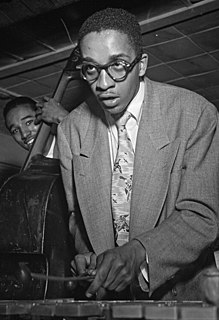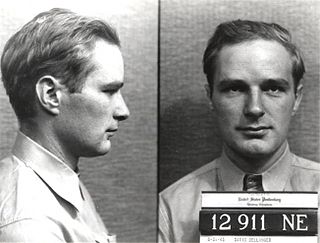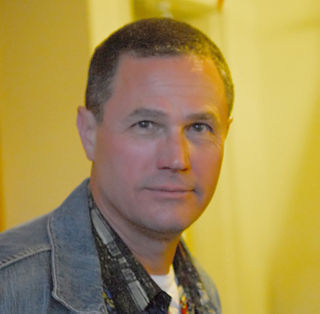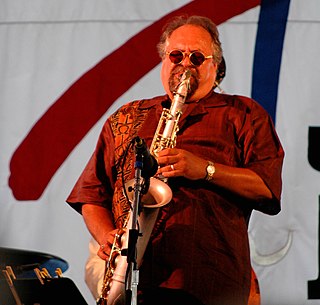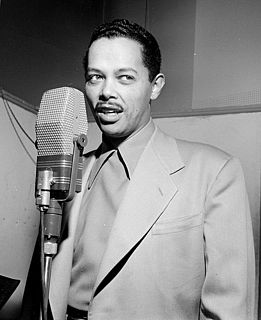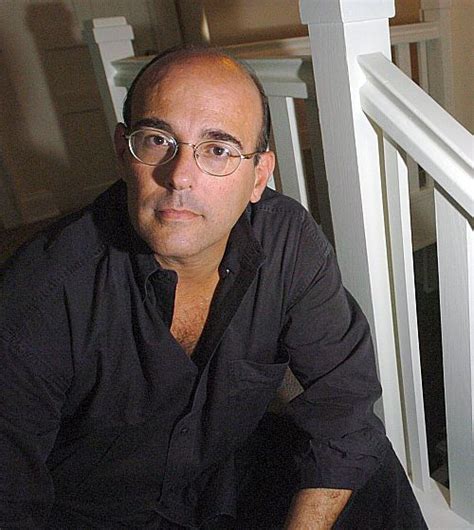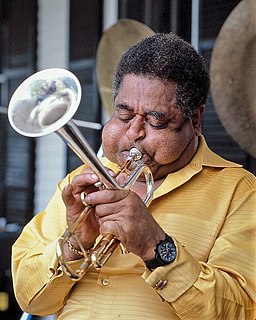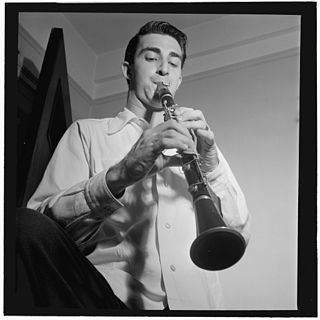A Quote by Gary Giddins
Charlie Parker was the greatest individual musician that ever lived. Every instrument in the band tried to copy Charlie Parker, and in the history of jazz there had never been one man who influenced all the instruments.
Related Quotes
[Charlie "Bird" Parker] would sit down and ask [Phil Wood], "What do you think about this whole secondary Viennese school with Schoenberg, Berg and Webern? Are you listening to that music and what do you feel about it?" These were the conversations that he was having. And he also said, what he learned from Charlie Parker was, not that he studied with him in the formal sense, is that the first thing that Charlie Parker would always ask was, "Did you eat today?".
I listened to classical music. I listened to jazz. I listened to everything. And I started becoming interested in the sounds of jazz. And I went to a concert of Jazz at the Philharmonic when we lived in Omaha, Nebraska, and I saw Charlie Parker play and Billie Holiday sing and Lester Young play, and that did it. I said, 'That's what I want to do.'


